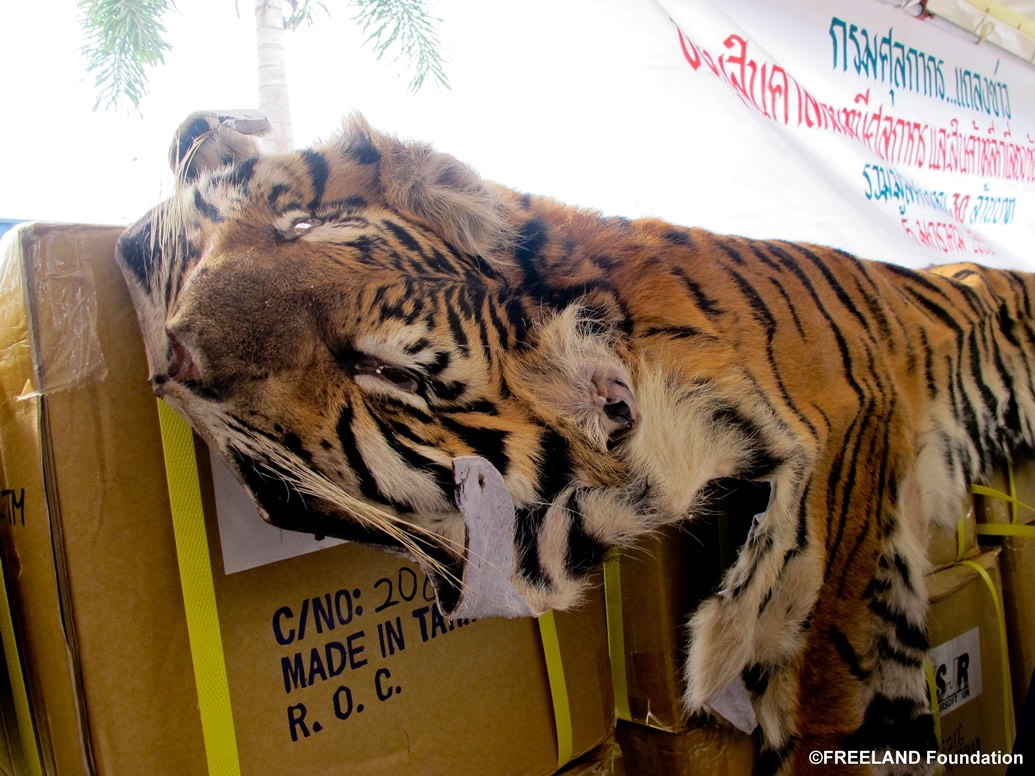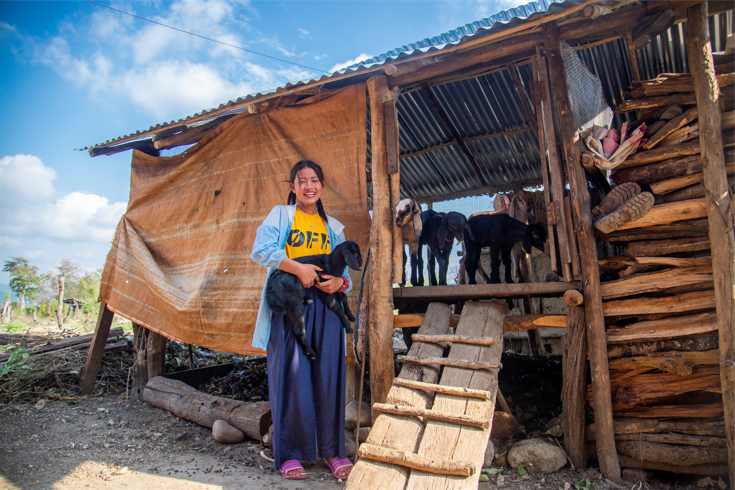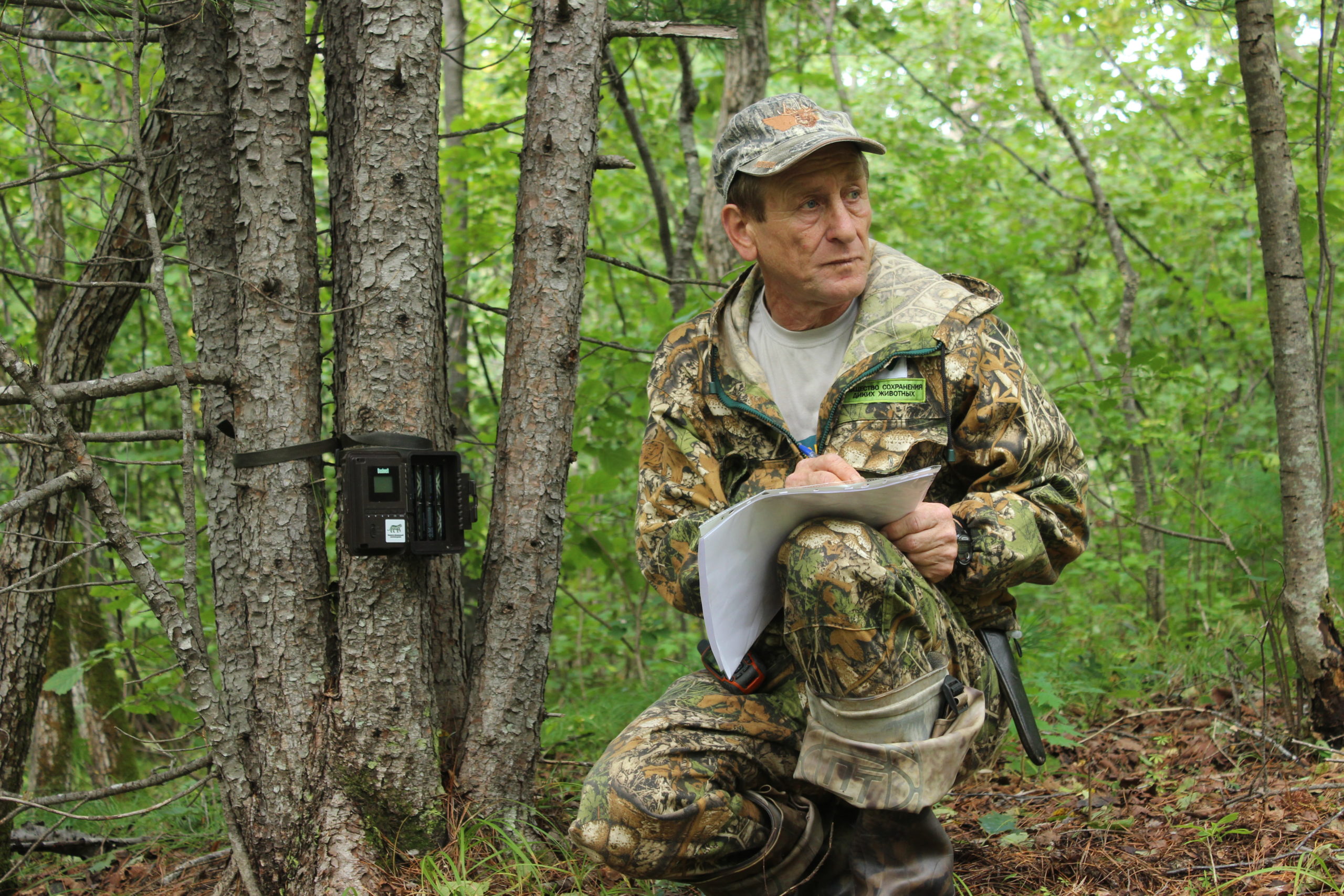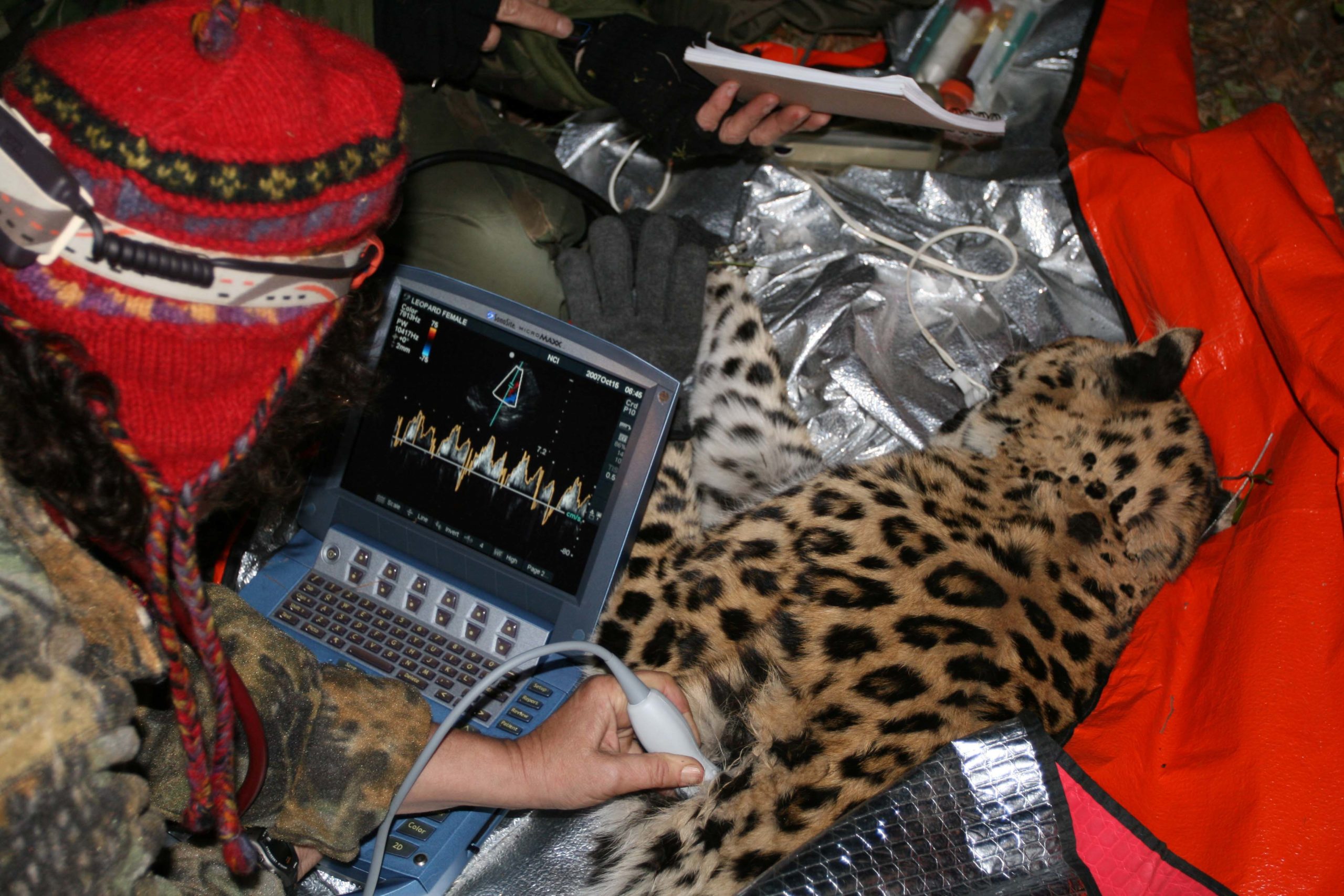Anti-poaching
The main goal of our anti-poaching activities is to reduce the poaching of tigers, leopards and their prey in protected areas & buffer zones. Anti-poaching teams combat all forms of poaching and other threats to biodiversity including illegal land clearance. We aim to address threats to wild tigers and leopards by supporting anti-poaching initiatives that make use of the most effective technology and use SMART monitoring techniques.

Conflict Mitigation
As our human population grows, wildlife is left to compete with us for space to live and food to eat. If the forest does not provide food, carnivores can stray into human areas and ‘steal’ farm animals. This is where conflict can occur. We work with communities providing advice, assistance and in some cases compensation to those affected by conflict.

Population Monitoring
A critical component of big cat conservation is monitoring of the population, which allows us to better understand population numbers & long-term trends. Only through intensive monitoring can we determine whether our conservation actions are having a positive impact. Camera trap data provides the most rigorous measure of population, however projects also utilise traditional methodologies such as snow track and pug mark surveys.

Wildlife Health Monitoring
Diseases like Canine Distemper Virus (CDV) can prove fatal to wild tigers and leopards. We have funded a number of programmes to launch veterinary networks across protected landscapes, and provided funding for essential equipment and mobile emergency response vehicles.

Education & Outreach
Community-based Education and Outreach programmes seek to encourage collaboration and facilitate coexistence between predators and people. It can reduce poaching by increasing trust and the willingness of villagers to report poaching, wildlife trade and land clearances to conservation and anti-poaching teams.

Project Locations
We ensure that all WildCats conservation projects will be scientifically valid, have clear conservation outcomes, achievable goals and effective monitoring and evaluation. All projects proposals are subject to rigorous, independent peer review by experts prior to funding. Projects are regularly reviewed to ensure delivery of objectives, measurable outcomes and transparency. This provides our donors with the confidence that their money is being used effectively, by a diverse range of implementing partners.

